Russia - North Korea: Special relationship deepens
Russian Foreign Minister Sergey Lavrov visited China from July 13 to 15 to promote bilateral cooperation and prepare for the Shanghai Cooperation Organization (SCO) summit, scheduled for August 30 to September 1 in Tianjin. During his stay in Beijing, Lavrov held talks with his Chinese counterpart Wang Yi. Two days later, he attended the SCO foreign ministers' meeting - an important step in preparations for the heads of state summit.
Earlier, on July 12, Mr. Lavrov made an official visit to North Korea and met with Chairman Kim Jong-un. Here, he reaffirmed Moscow's commitment to previously signed strategic agreements, especially the comprehensive strategic partnership agreement in 2024. Mr. Kim described the visit as "an important moment to elevate the special and strong alliance between the two countries."
The Russian foreign minister also held talks with his North Korean counterpart, Choi Son-hee, and stressed the historical ties between the two countries, even citing the North Korean army’s participation in the Battle of Kursk during World War II – a symbolic statement to cement the “unbreakable brotherhood.” Lavrov also expressed support for Pyongyang’s nuclear stance, saying that Moscow “understands the reasons” for North Korea’s pursuit of a nuclear program, while stressing a commitment to continued cooperation within the framework of common interests.
Ilya Dyachkov, Associate Professor at the Moscow State Institute of International Relations (MGIMO), said that Russia-North Korea relations are developing at a rapid pace and have a substantial depth, not just stopping at political declarations. The signing of strategic partnership agreements shows a high-level consensus, and paves the way for specific cooperation programs in the future, which may include historical commemorative projects in 2025 - the 80th anniversary of the end of World War II and the liberation of Korea from Japanese occupation.
One notable detail was the meeting of Foreign Minister Lavrov and leader Kim Jong-un at the new resort in Wonsan - not only symbolic but also demonstrating Pyongyang's efforts to promote the country's image and attract strategic investment from friendly partners like Russia.
SCO and China's coordinating role
The SCO foreign ministers’ meeting in Tianjin is seen as a strategic stepping stone for the upcoming summit. As the rotating chair, China is vigorously promoting economic cooperation, especially in the fields of technology and security, according to Vasily Kashin, director of the HSE Center for Comprehensive Economic Research. However, the specific results so far have been quite modest, mainly local initiatives, without creating major breakthroughs.
Divisions within the SCO are also a significant challenge. The recent standoff between India and Pakistan continues to hamper the ability to reach consensus on joint statements, as happened in 2020 due to the border conflict between India and China. However, according to Mr. Kashin, the SCO has experience in dealing with such conflicts and is capable of maintaining stable operations.
Meanwhile, Alexander Lomanov, an expert at the Institute of Economics and International Relations, Russian Academy of Sciences, said that Beijing is using the SCO chairmanship as an opportunity to assert its role as a regional coordinator, especially by organizing a formal, influential and symbolic summit. China also emphasizes the concept of “dialogue between civilizations” in the SCO, with the focus not on East-West confrontation, but on the connection between countries in the Global South.
This reflects Beijing's efforts to reshape the regional order and build non-Western cooperation networks - part of a long-term strategy to reduce the influence of NATO and US-led alliances, according to Mr. Lomanov.
Analysts say that Foreign Minister Lavrov’s trip to North Korea and China is not just a series of diplomatic activities, but also clearly reflects Russia’s “counter-balance diplomacy” strategy in the context of the West’s increasing isolation of Moscow after the war in Ukraine. Relations with North Korea and its role in the SCO are strategic “cards” that help Russia assert its position in Asia, consolidate its influence in the post-Soviet space and establish a new geopolitical order based on the principle of multipolarity.
For China, the SCO is becoming a “soft tool” to expand its influence in Central and South Asia and demonstrate its ability to lead regional institutions outside the Western framework. However, internal conflicts – especially between major powers such as China, India and Pakistan – could hinder the institutionalization process and reduce the organization’s practical effectiveness.
Hung Anh (Contributor)
Source: https://baothanhhoa.vn/ngoai-truong-sergey-lavrov-cong-du-chau-a-nga-trung-quoc-trieu-tien-tai-dinh-hinh-ban-co-dia-chinh-tri-254815.htm


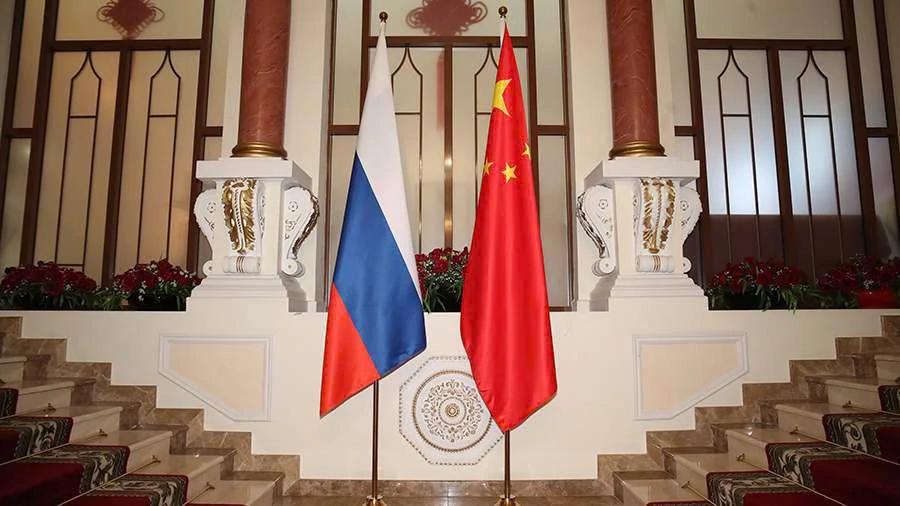
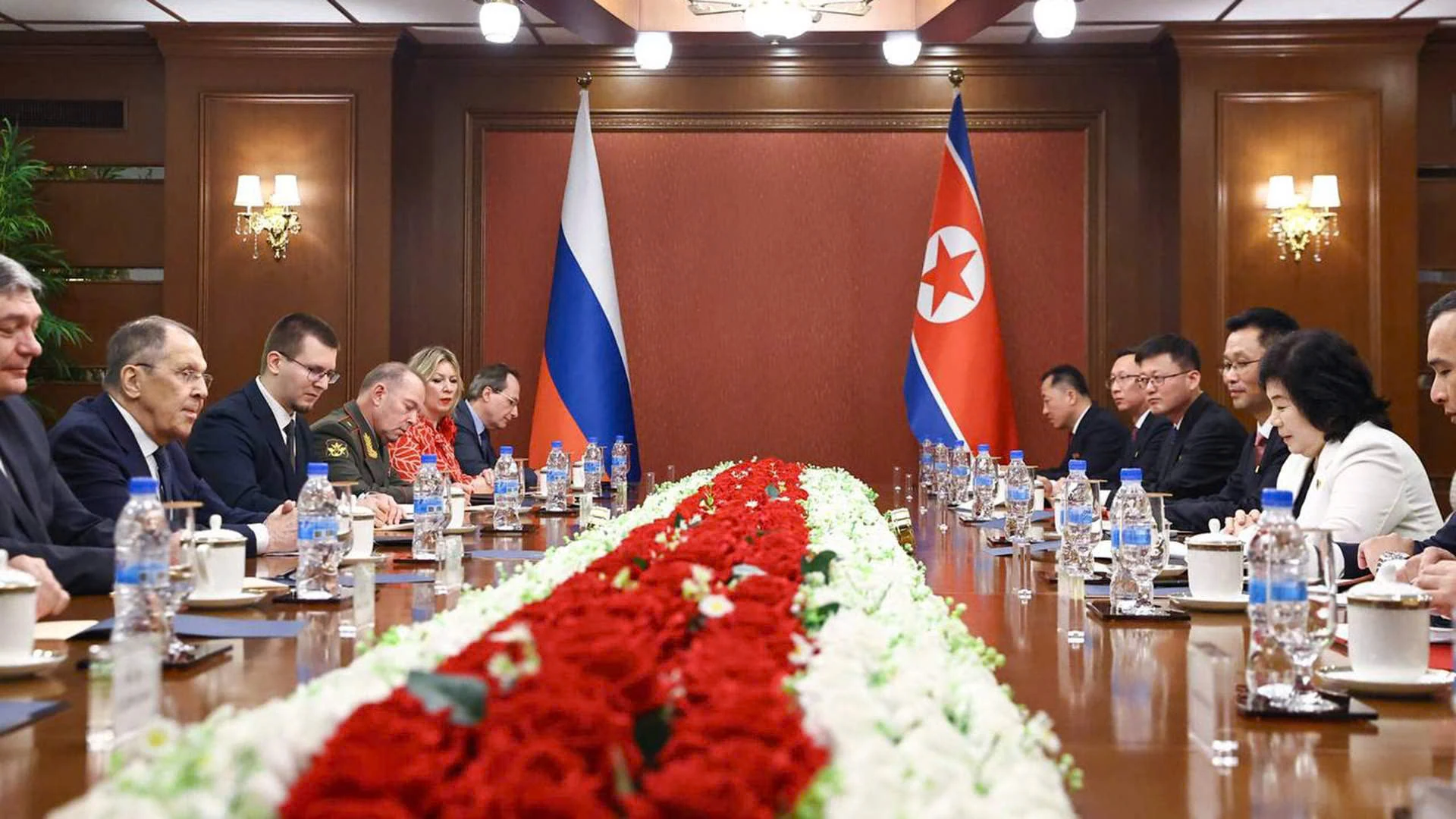

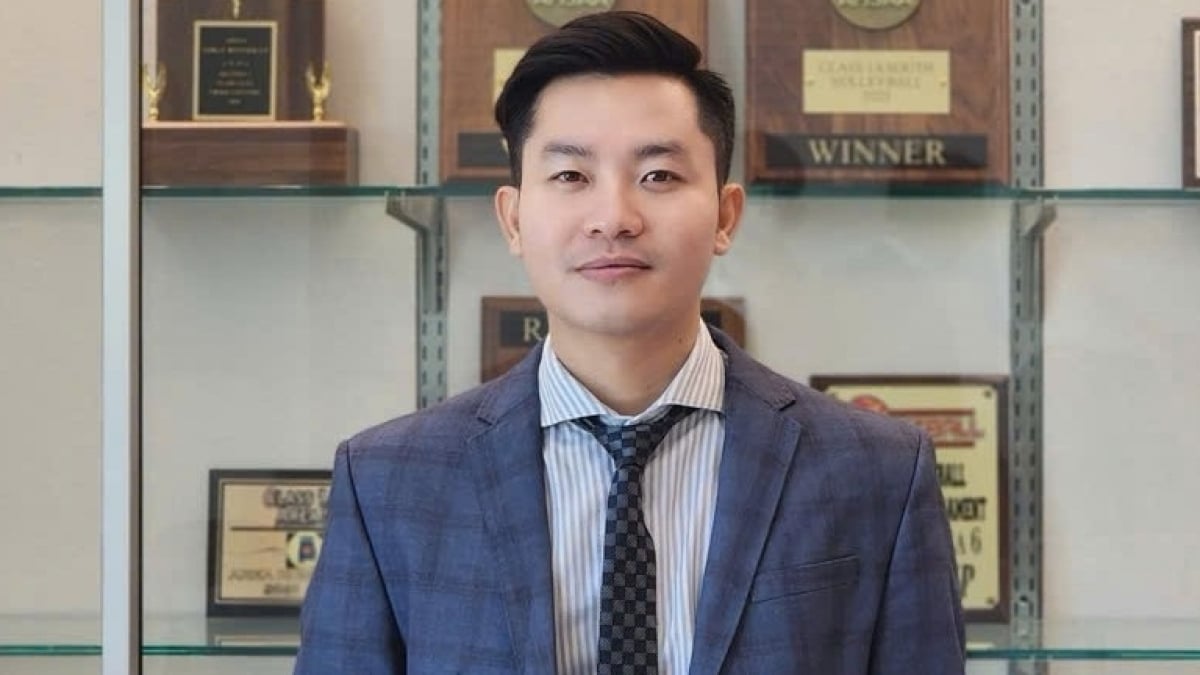


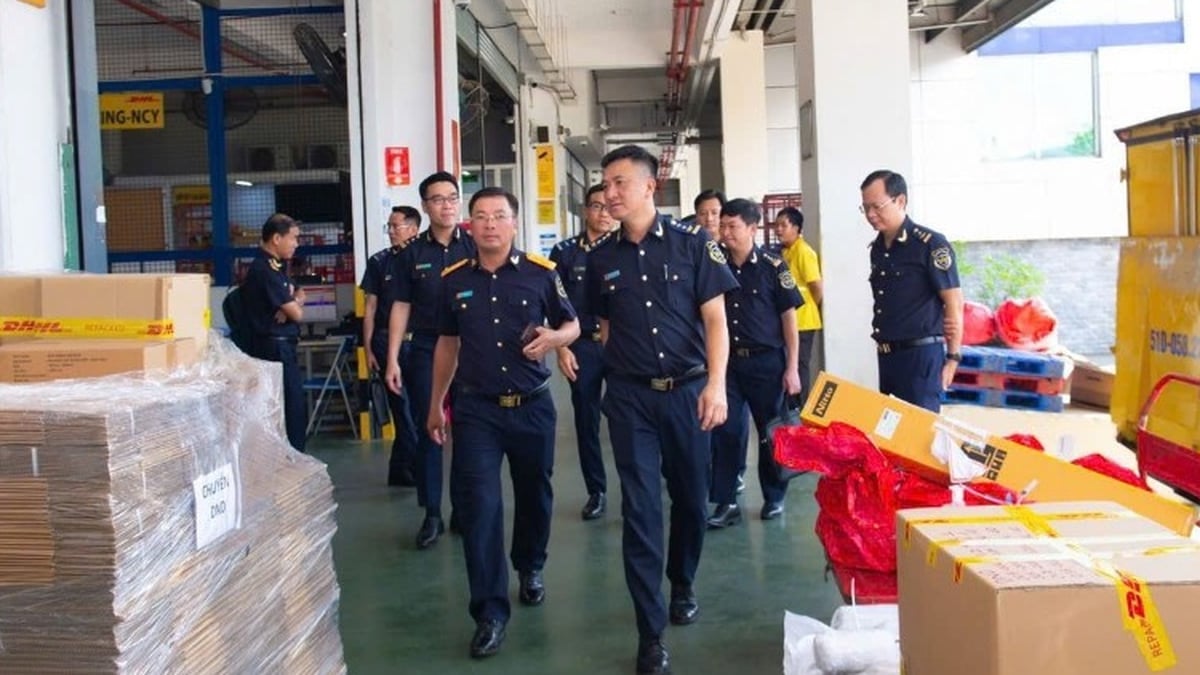
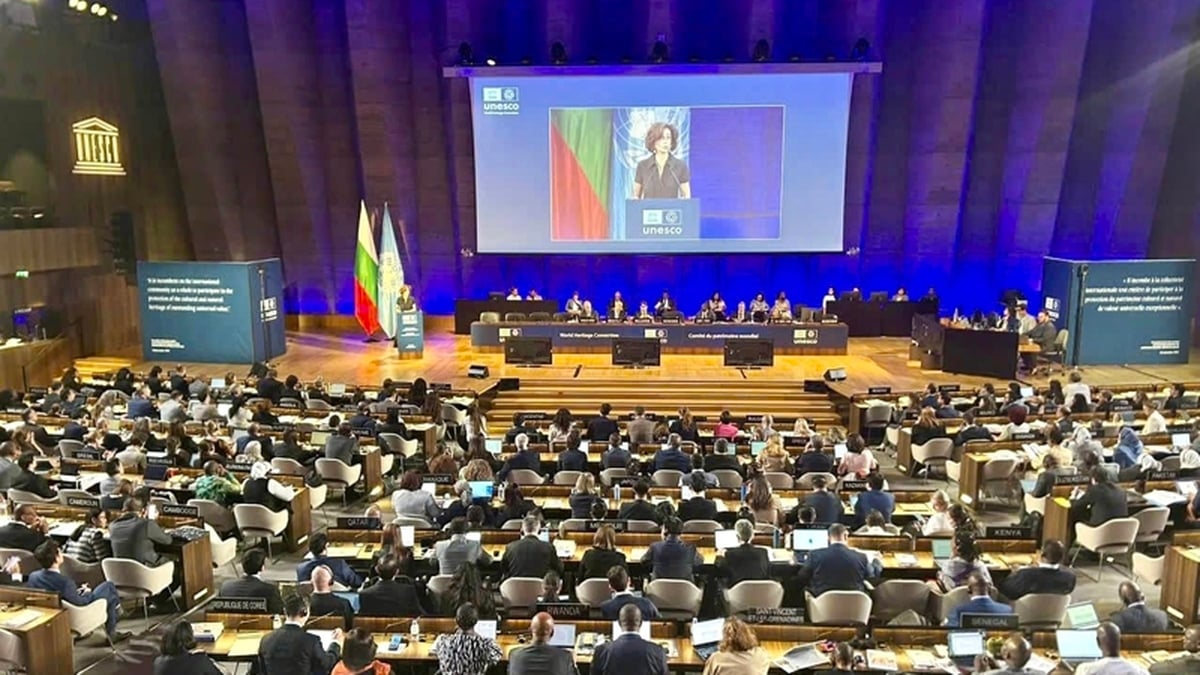

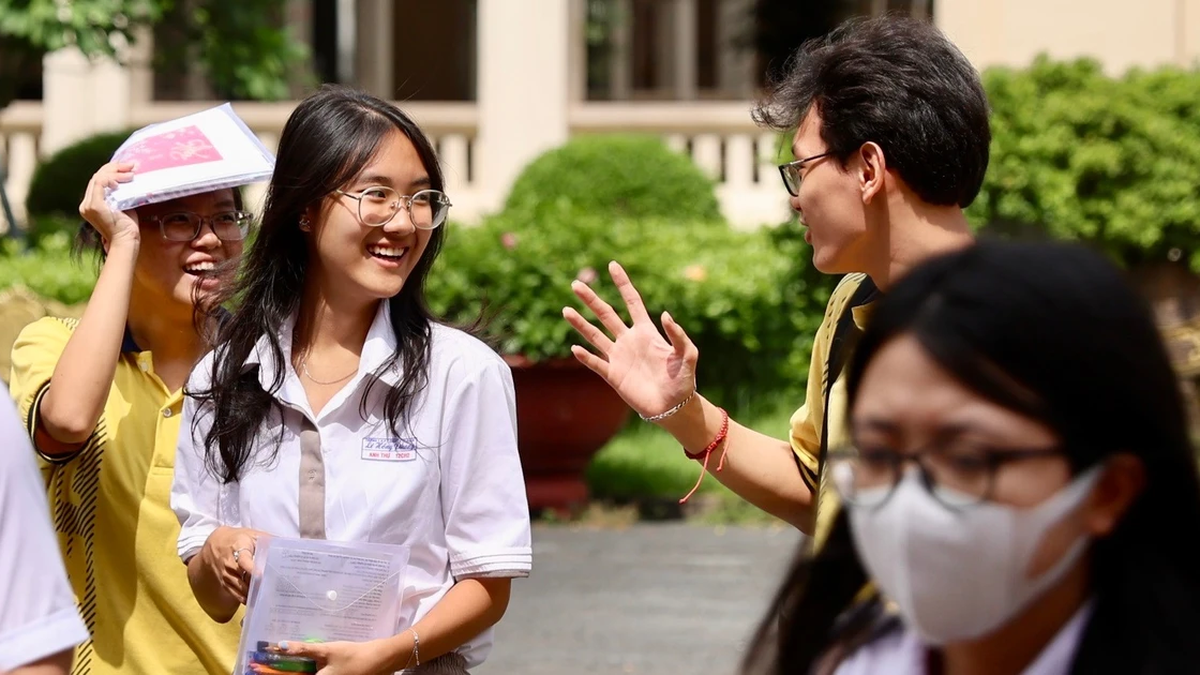
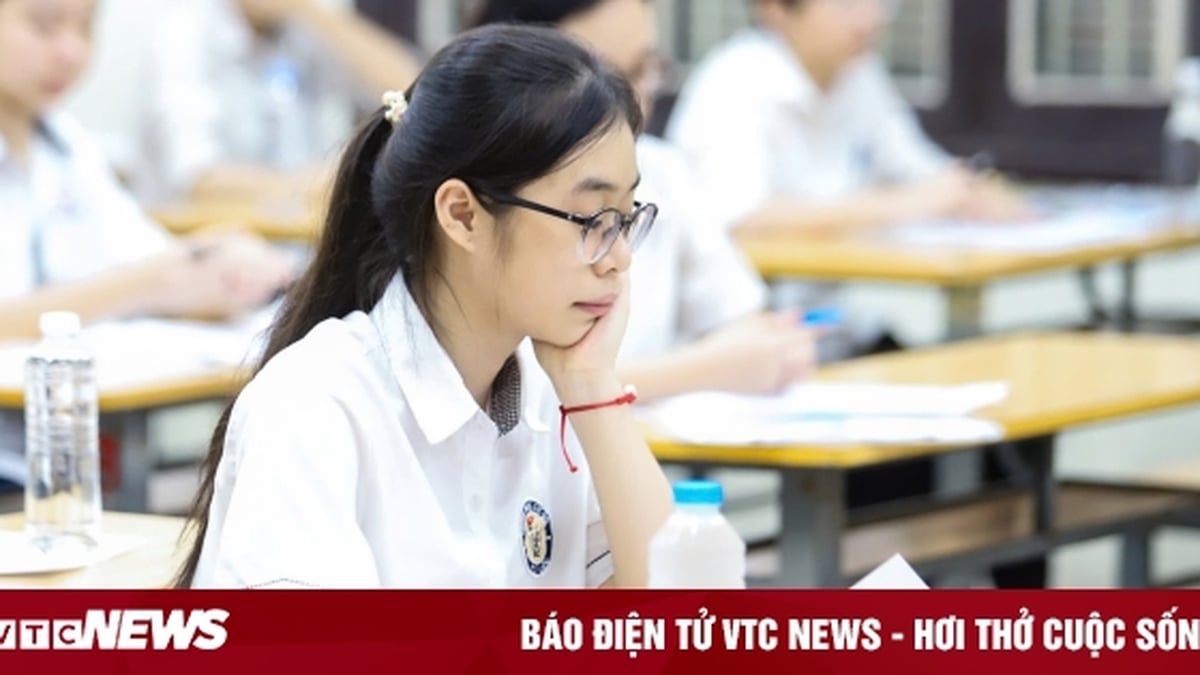
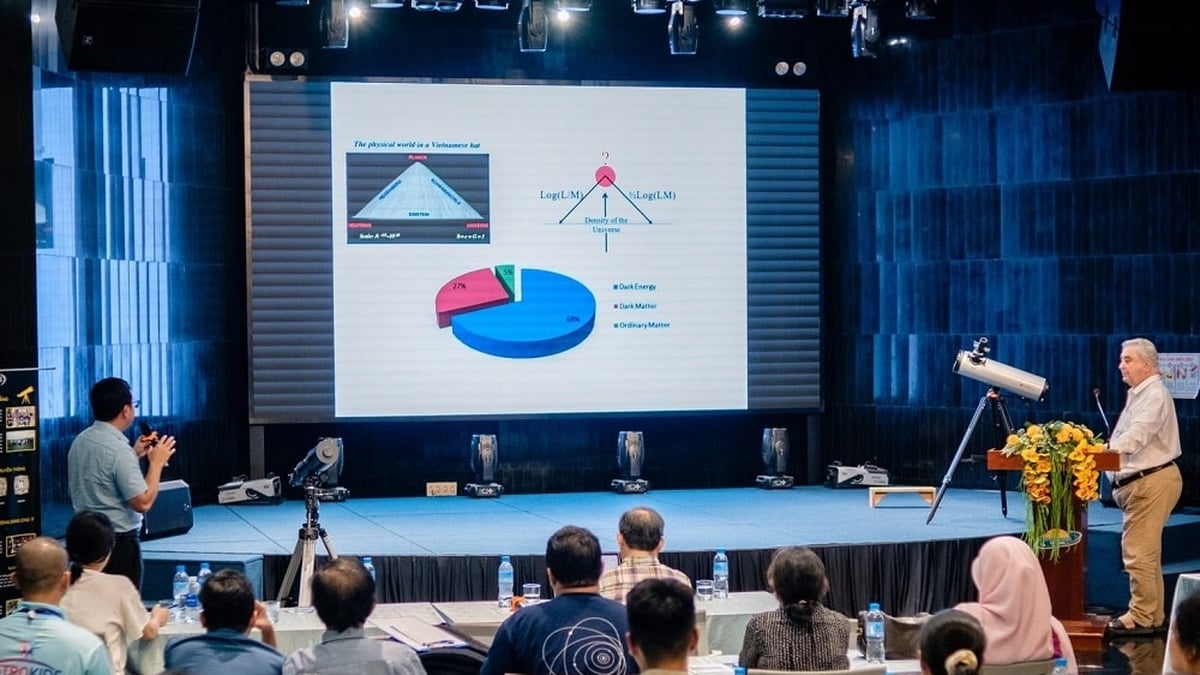







































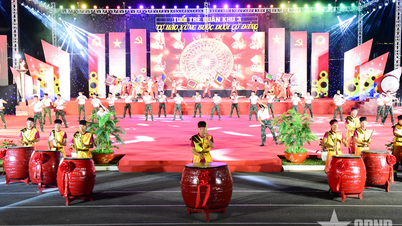




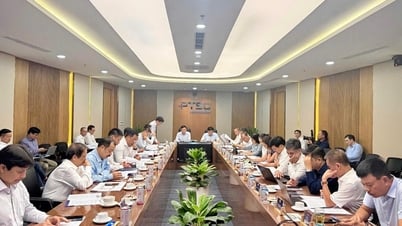

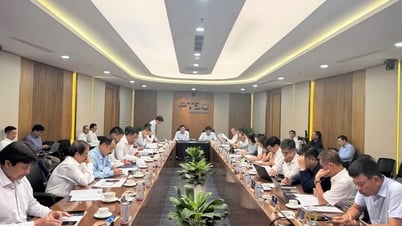
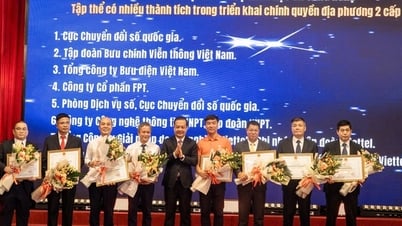

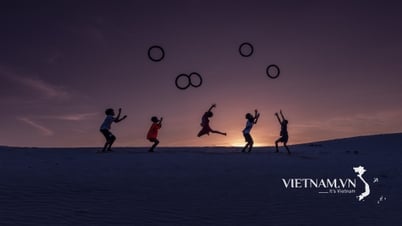
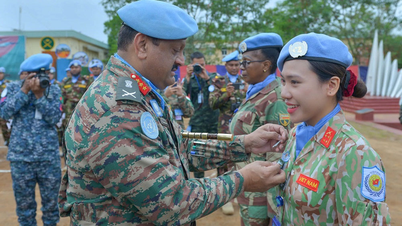




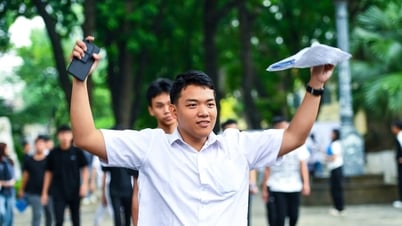


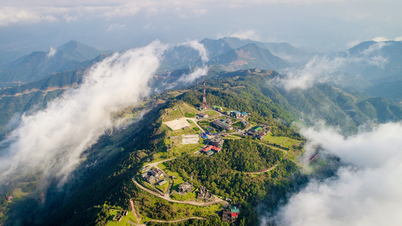

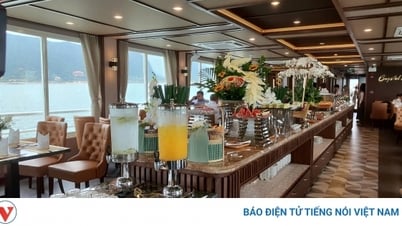



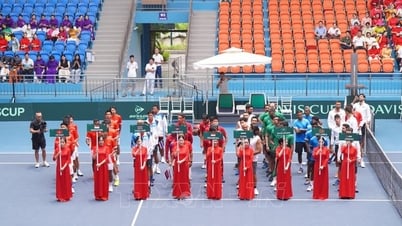














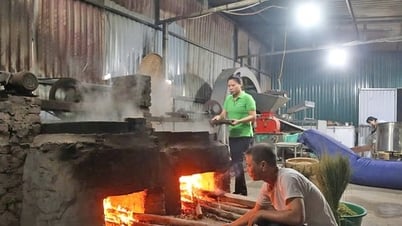





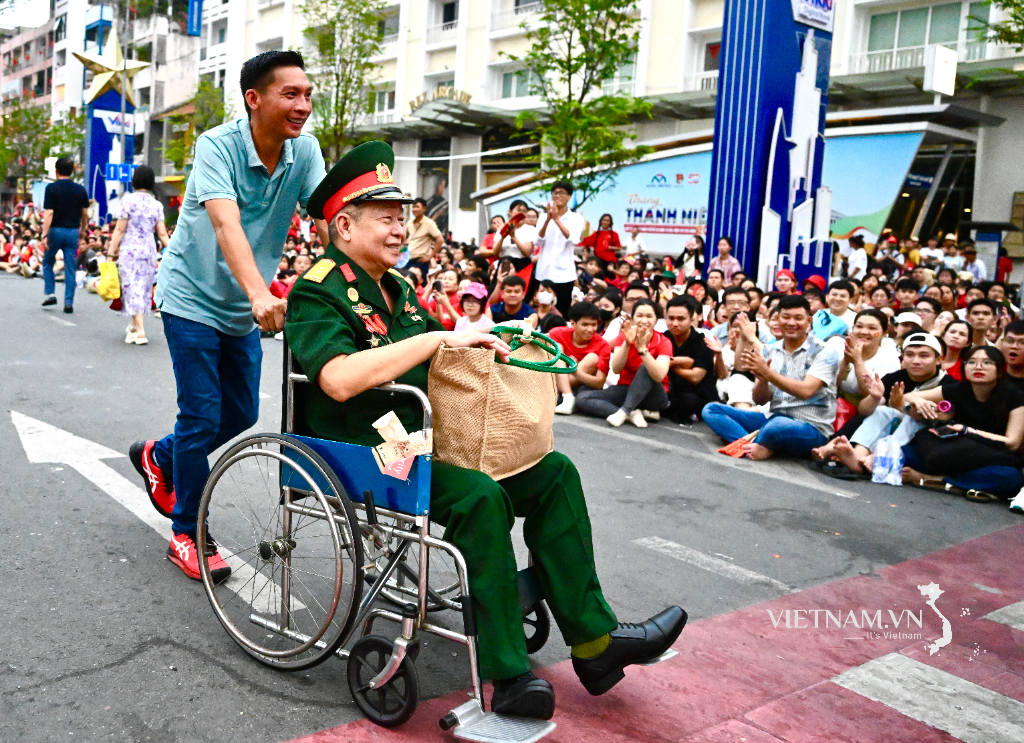
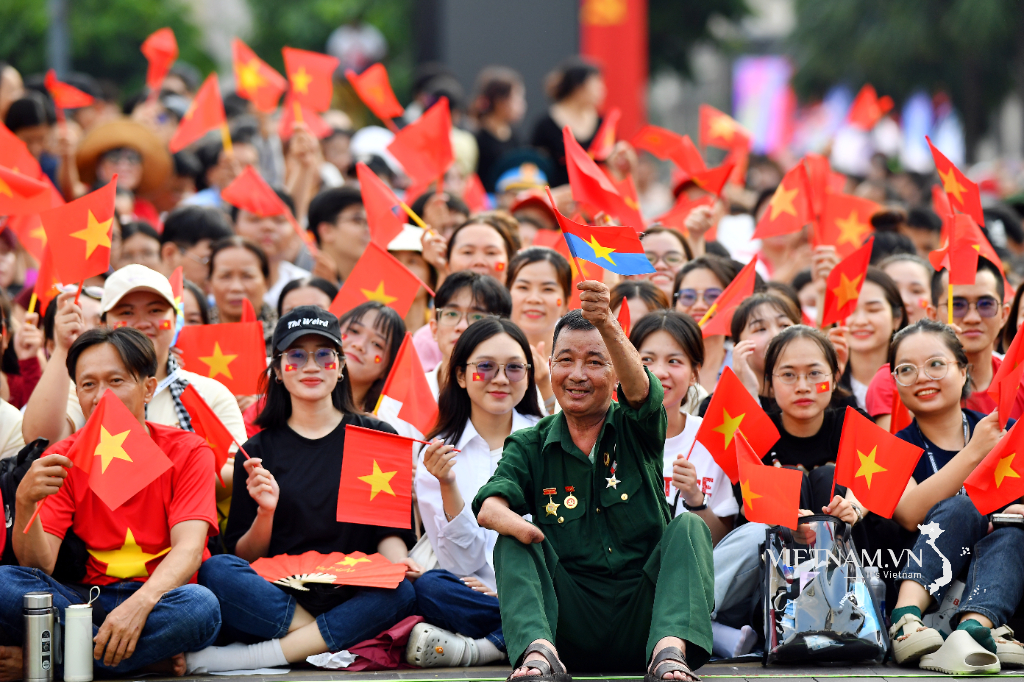
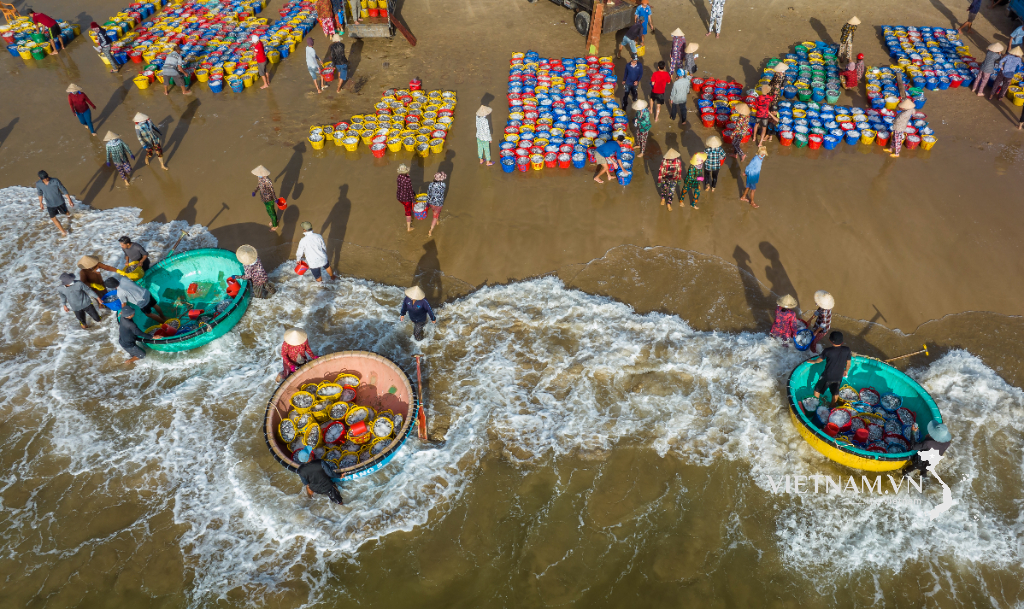

Comment (0)